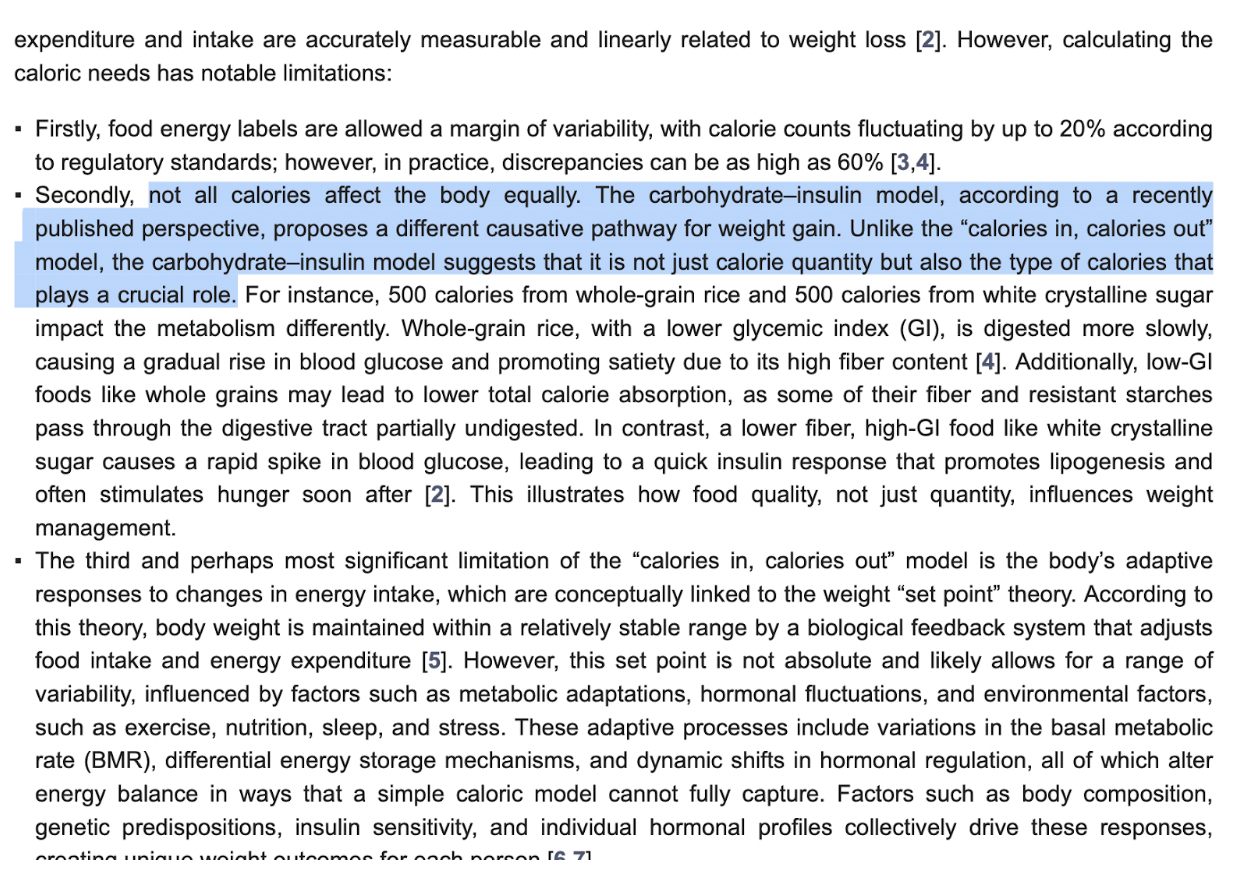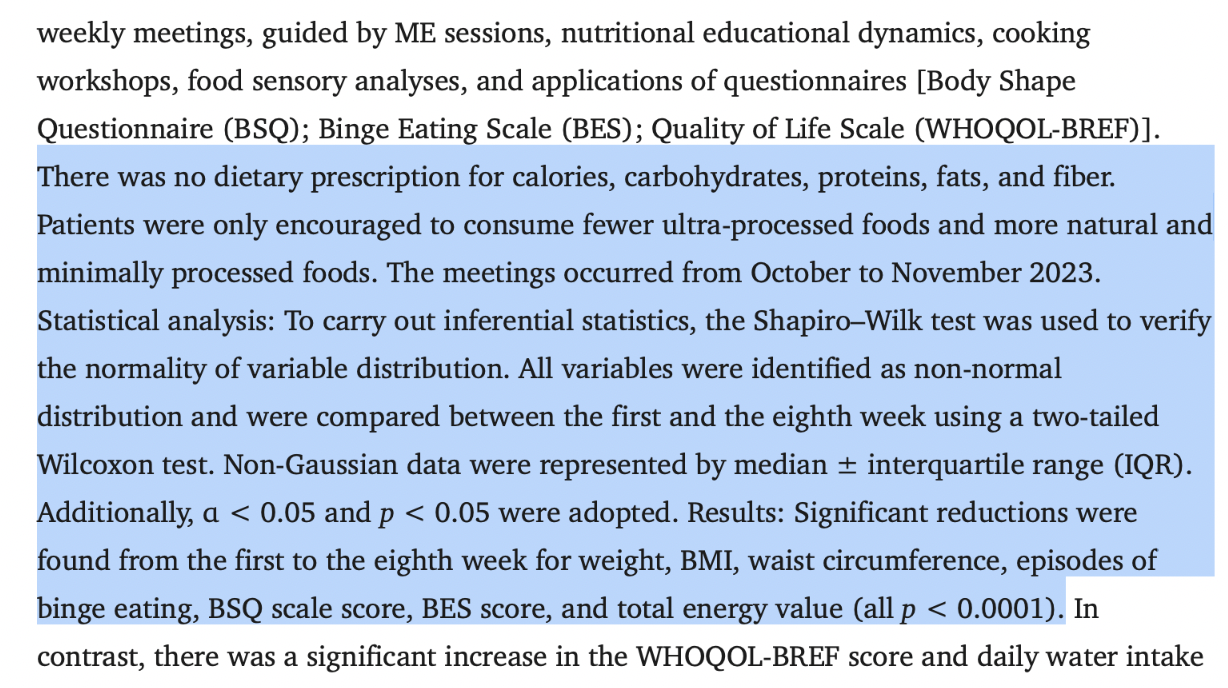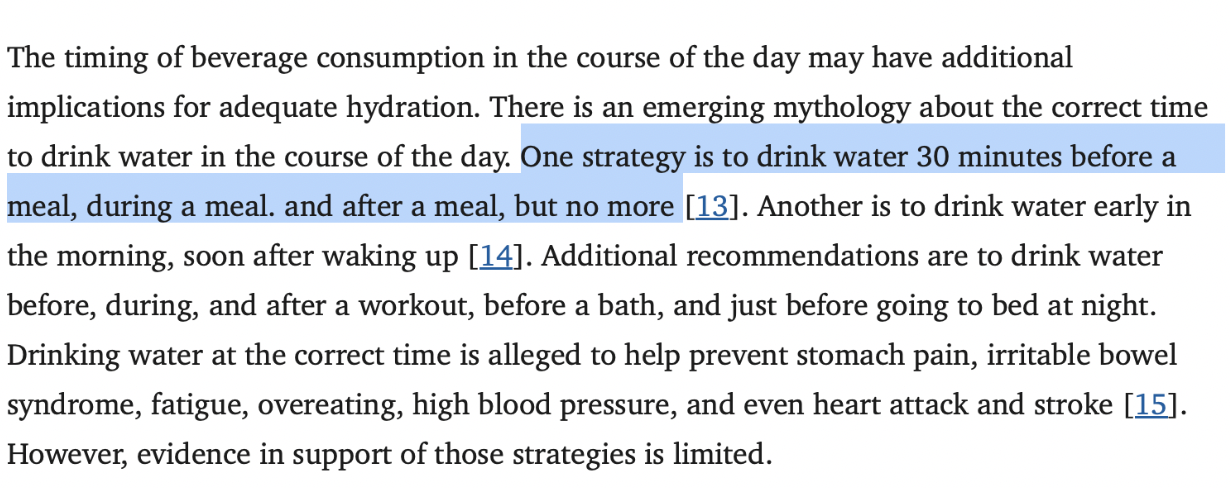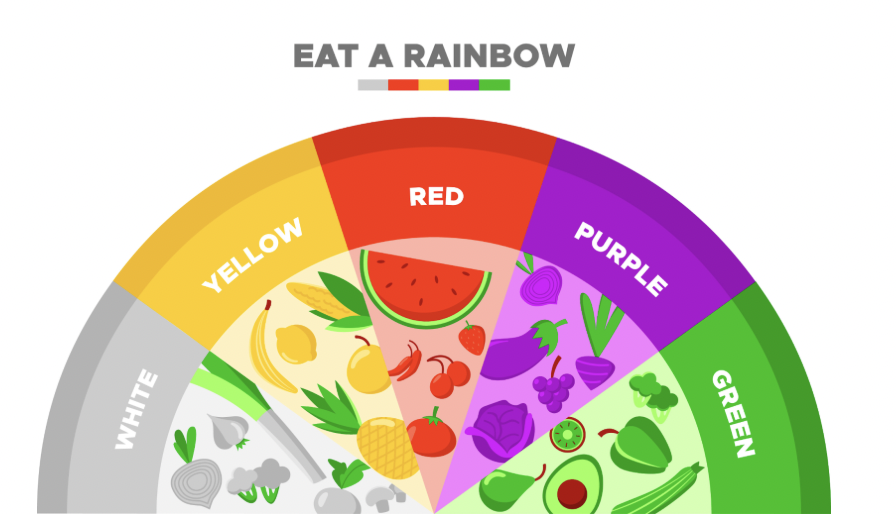If you’ve ever opened a calorie-tracking app and felt a pang of guilt over what you just ate, you’re not alone. Somewhere along the way, food became math, a game of addition and subtraction, instead of nourishment. But your body isn’t a calculator. It’s a living, intelligent system that thrives on rhythm, emotions, hormones, and connection.
The food for healing your body craves isn’t defined by how few calories it contains, but by how rich it is in nutrients, antioxidants, and life energy that communicate with every cell.
So before you dive into numbers and labels, pause. Healing begins not in your calorie tracker, but in your relationship with your plate, how you choose it, prepare it, and consume it. This isn’t perfection but mindful nutrition, awareness, and learning to understand the cue of the body, the ones that never needed an app to tell you when you were hungry, full, or satisfied.
Why Does Calorie Counting Falls Short?
For decades, we’ve been told that health is as simple as ‘calories in versus calories out.’ On paper, it sounds logical, burn more than you eat, and you’ll lose weight. But the human body doesn’t work like an equation. It works like an ecosystem; dynamic, adaptive, and deeply intelligent.
Recent research has shown that calorie counting, once hailed as the gold standard for weight management, often overlooks how the body truly regulates energy. Many studies reveal that people who rely solely on calorie restriction frequently experience metabolic slowdown, hormonal imbalances, and even rebound weight gain. This happens because when we reduce calories drastically, the body interprets it as a signal of famine, slowing metabolism, altering hunger hormones like leptin and ghrelin, and increasing cravings.

Therefore, the energy balance is not just math, it’s biology. Your metabolism is influenced by the quality of your food, the timing of your meals, your stress levels, your sleep, your gut microbiome, and even your emotional state.
Moreover, calorie counting often distances us from our body’s natural wisdom. When eating becomes a numbers game, we lose touch with hunger cues, satiety signals, and the joy of eating.
The Science of Healing Beyond Numbers
Every bite of food sends chemical messages that ripple across your hormones, metabolism, brain, and gut. The science is now clear: health isn’t determined by how much you eat, but by what, when, and how you eat, and how your body interprets those signals.
Let’s start with:
- Hormones, the body’s biochemical messengers. When you eat healthy food rich in natural fiber, antioxidants, and phytonutrients, you support hormonal harmony and metabolic stability. For instance, insulin, the hormone responsible for regulating blood sugar, is directly influenced by food quality.
- Cortisol, the body’s main stress hormone, is another key player. Chronic stress, sleep deprivation, or restrictive dieting can elevate cortisol, increasing cravings and fat accumulation, especially around the abdomen.
- The thyroid, often called the body’s metabolic thermostat, is equally sensitive to nutrient availability. That is why deficiencies in selenium, iodine, and zinc or other trace minerals often missing from ultra-processed food, can impair thyroid hormone synthesis, slowing metabolism.
- Leptin, the ‘satiety hormone,’ regulates hunger and fullness. When we constantly consume processed, low-nutrient foods, leptin signaling becomes blunted, making us feel perpetually hungry despite adequate calorie intake.
- Beyond hormones, there’s the powerful gut-brain connection, a system calorie counting completely overlooks. Your gut microbiome, a colony of trillions of bacteria, plays a central role in digestion, immunity, and even mood. In contrast, restrictive eating patterns or poor-quality foods reduce microbial diversity, impairing digestion and even mental well-being. The brain and gut are in constant dialogue through the vagus nerve; when the gut feels nourished, the brain experiences calm.
- And then, there are the emotional and lifestyle factors, the often-forgotten side of nutrition. Chronic stress, erratic sleep, and emotional disconnection all alter how we digest, absorb, and metabolize food. Emotional stress can blunt digestion, leading to bloating, fatigue, or poor nutrient absorption even from healthy meals.
Understanding Bio-Individuality
No two bodies respond the same way to food. Genetics, metabolism, age, lifestyle habits, and stress levels all influence how your body digests, absorbs, and utilizes nutrients. This is the essence of bio-individuality, the idea that there’s no one-size-fits-all approach to nutrition.
For example, the same meal can energize one person while leaving another feeling sluggish or bloated. For example, protein-rich meals may help some people maintain satiety, while others may experience digestive discomfort if their enzymatic or microbial balance differs.
Instead of rigid calorie rules or restrictive diets, the focus should be on listening to your body, observing how it reacts to different foods, and adjusting accordingly. Personalized approaches, guided by your unique physiology and lifestyle, encourage sustainable health, hormonal balance, and optimal energy.
The Power of a Balanced Food Plate
A balanced food plate prioritizes nutrient synergy, helping your body absorb and utilize vitamins, minerals, and phytonutrients efficiently.
Proportions that matter:
- Half your plate: Vegetables and fruits, rich in fiber, antioxidants, and water to support digestion, immunity, and detoxification.
- Quarter plate: Proteins, plant-based (lentils, beans, tofu) or animal-based (eggs, fish, lean poultry), essential for cell repair, hormone synthesis, and muscle maintenance.
- Quarter plate: Complex carbohydrates, whole grains like brown rice, quinoa, or millets provide slow-release energy and feed your gut microbes.
- Healthy fats: Olive oil, nuts, seeds, avocado, support brain function, stabilize blood sugar, and enhance absorption of fat-soluble vitamins.

Disclaimer: Nutrition and lifestyle needs vary greatly from person to person, depending on individual goals, daily routine, activity levels, and underlying health conditions. Always consult a qualified healthcare provider before making any major changes to your food habits, hydration habits, or lifestyle practices.
Mindful Eating: The Game-Changer
Mindful nutrition is more than just a trend, it’s a practice rooted in science and human physiology. It’s about paying full attention to what you eat, how you eat, and why you eat. Unlike calorie counting, mindful eating reconnects you with your body’s natural signals, helping you distinguish true hunger from emotional cravings.
When we eat distractedly, scrolling through phones, watching TV, or rushing through meals, we compromise digestion and disconnect from our body’s cues of hunger and fullness. A 2019 study published in Appetite found that participants practicing mindful nutrition reported higher satiety, reduced overeating, and more emotional stability around food.

Hacks for mindful eating include:
- Eating without distractions: Focus entirely on your meal, noticing colors, textures, and aromas. Distraction has been shown to increase calorie intake and impair satiety signals.
- Chewing slowly and savoring each bite: Slower eating activates digestive enzymes and enhances nutrient absorption. This approach also reduces postprandial glucose spikes and stabilizes hormones.
- Listening to hunger and fullness cues: Pause before, during, and after eating to assess whether your body is genuinely hungry or satisfied. This practice helps regulate leptin and ghrelin, the key hormones controlling appetite.
Over time, this practice improves digestion, energy, and mental clarity, making it an essential pillar of building a balanced food plate and nurturing a sustainable, healthy relationship with food.
Other Lifestyle Factors That Support
Healing is never just about what’s on your plate. While a balanced food plate forms the foundation, your lifestyle choices play an equally powerful role in shaping your body’s response to nutrition. The body functions as an interconnected system, where sleep, movement, stress, and emotional well-being influence metabolism, immunity, and hormonal balance.
- Sleep and recovery are often underestimated. Prioritizing restorative sleep, therefore, enhances the effectiveness of nutrient-dense meals and supports long-term metabolic health.
- Stress management is another critical factor. Practices such as meditation, deep breathing, journaling, or gentle movement can reduce stress-induced hormonal imbalances, making the body more receptive to mindful nutrition.
- Movement and physical activity go beyond calorie burning. Resistance training, functional exercises, and cardiovascular movement improve insulin sensitivity, enhance muscle metabolism, and regulate appetite hormones.
- Hydration is an often overlooked factor. Water is essential for digestion, nutrient transport, toxin elimination, and cellular function. Even mild dehydration can impair cognitive function, digestion, and metabolic efficiency. However, how and when we drink water is just as important as how much we drink. Many people unknowingly disrupt digestion by drinking water at the wrong time.
- Avoid drinking water during meals. It dilutes stomach acids and digestive enzymes, making it harder for your body to break down food effectively. This can lead to bloating, indigestion, and sluggish nutrient absorption.
- Avoid drinking water at least 30 minutes before a meal. This allows your digestive juices to activate naturally and prepare the gut for food.
- Wait about an hour after eating before hydrating again. This gives your body time to complete the initial stages of digestion efficiently.

Disclaimer: These hydration practices are general wellness suggestions and may not apply to everyone. Individuals on medications or managing specific health conditions should always consult a qualified healthcare professional before adjusting their hydration or meal routines.
- Emotional and social well-being also directly affects healing. Positive relationships and supportive environments reduce stress and cortisol, enhance immune function, and improve digestion. Engaging in meaningful social interactions or nurturing hobbies provides a biochemical signal of safety to the body, enhancing the benefits of food for healing.
Nourishment Over Numbers
Your body thrives when all these systems work in harmony, rather than when one aspect is controlled by rigid rules.
Instead of focusing on restriction, consider this simple approach: choose colorful, whole foods that naturally provide vitamins, minerals, fiber, and antioxidants. Even snacks can be an opportunity to prioritize nourishment over numbers. Instead of reaching for low-calorie processed items that often leave you craving more, choose nutrient-dense snacks like a handful of nuts with fruit, roasted chickpeas, or yogurt with seeds.
Strategies make this shift easier to sustain:
- Meal prep with intention: Preparing meals in advance with a focus on variety and color ensures you consistently include all macronutrients and micronutrients in your diet.
- Incorporate variety: Rotate vegetables, grains, and proteins throughout the week.

Who Should Be Careful with Calorie Obsession
- Individuals with a history of eating disorders or disordered eating: Strict calorie tracking can trigger anxiety, compulsive behaviors, and relapse in those recovering from anorexia, bulimia, or binge eating disorder.
- People with chronic illnesses: Conditions such as diabetes, thyroid disorders, or gut issues require careful nutrition management. Overly restrictive calorie counting can destabilize blood sugar, disrupt thyroid function, or aggravate gut inflammation
- Those prone to stress or anxiety around food: Obsessing over calories can increase cortisol levels, impair digestion, and trigger cravings.
Overcoming Mental Blocks Around Food
Food is nourishment, not a measure of guilt or worth. Many people carry mental blocks shaped by diet culture, restrictive rules, or past experiences. These blocks can create stress, anxiety, and disconnection from the body’s natural hunger and fullness cues.
Address the guilt and shame. Shift your mindset from punishment to respect for your body. Eating is an act of care, not a moral test.
Strategies that will help:
- Positive affirmations: Before meals, remind yourself: “I nourish my body with care,” or “Food is my ally, it heals me.”
- Reflection exercises: Journal about how foods make you feel physically and emotionally. Note energy levels, digestion, and mood changes, this builds awareness and strengthens your intuitive connection to food.
- Mindful pauses: Take a moment before eating to breathe and observe your hunger, promoting mindful eating benefits and reducing automatic or stress-driven consumption.
Healing is a Journey, Not a Math Problem
True healing is a journey, not a checklist or a series of numbers. It’s a process of tuning into your body, honoring its needs, and cultivating awareness with each choice you make. Self-compassion is key, it’s okay to slip, to have moments of indulgence, or to try new foods without judgment. What matters is the intention behind each meal, movement, and lifestyle choice.
This mindset transforms every meal into an opportunity for care, every lifestyle choice into a step toward vitality, and every mindful moment into a practice of self-respect.
Be educated, not influenced.
Disclaimer: This blog is intended for general educational and wellness purposes only. It is NOT a substitute for professional medical advice, diagnosis, or treatment. Every individual’s body and health condition are unique; what works for one person may not work for another. Always consult a qualified healthcare professional before making significant changes to your food habits, lifestyle, or fitness routine, especially if you have pre-existing medical conditions such as diabetes, thyroid imbalances, hormonal disorders, or a history of eating disorders.
Need personalized guidance for healthy meals?
We help you find a way.
Set up a one-on-one consultation with our skincare specialists or enroll in our Wellness Programs for personalized solutions.
Reach out to us at 1800 102 0253 or write to us at consults@lukecoutinho.com.

Team Luke
Start Your Wellness Journey
Feeling inspired to take the next step in your wellness journey? Connect with us to explore how our tailored programs can support your health journey. Your transformation is just a conversation away.



